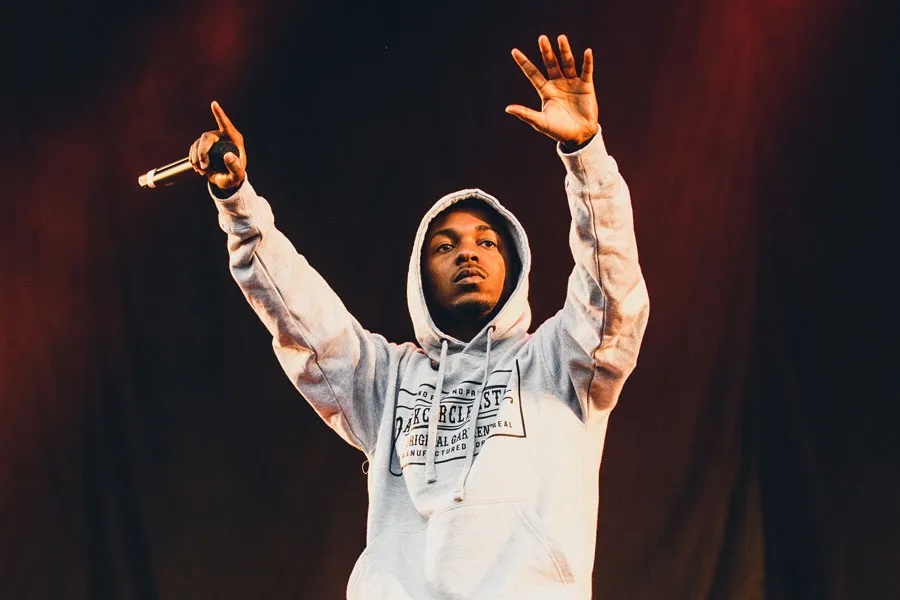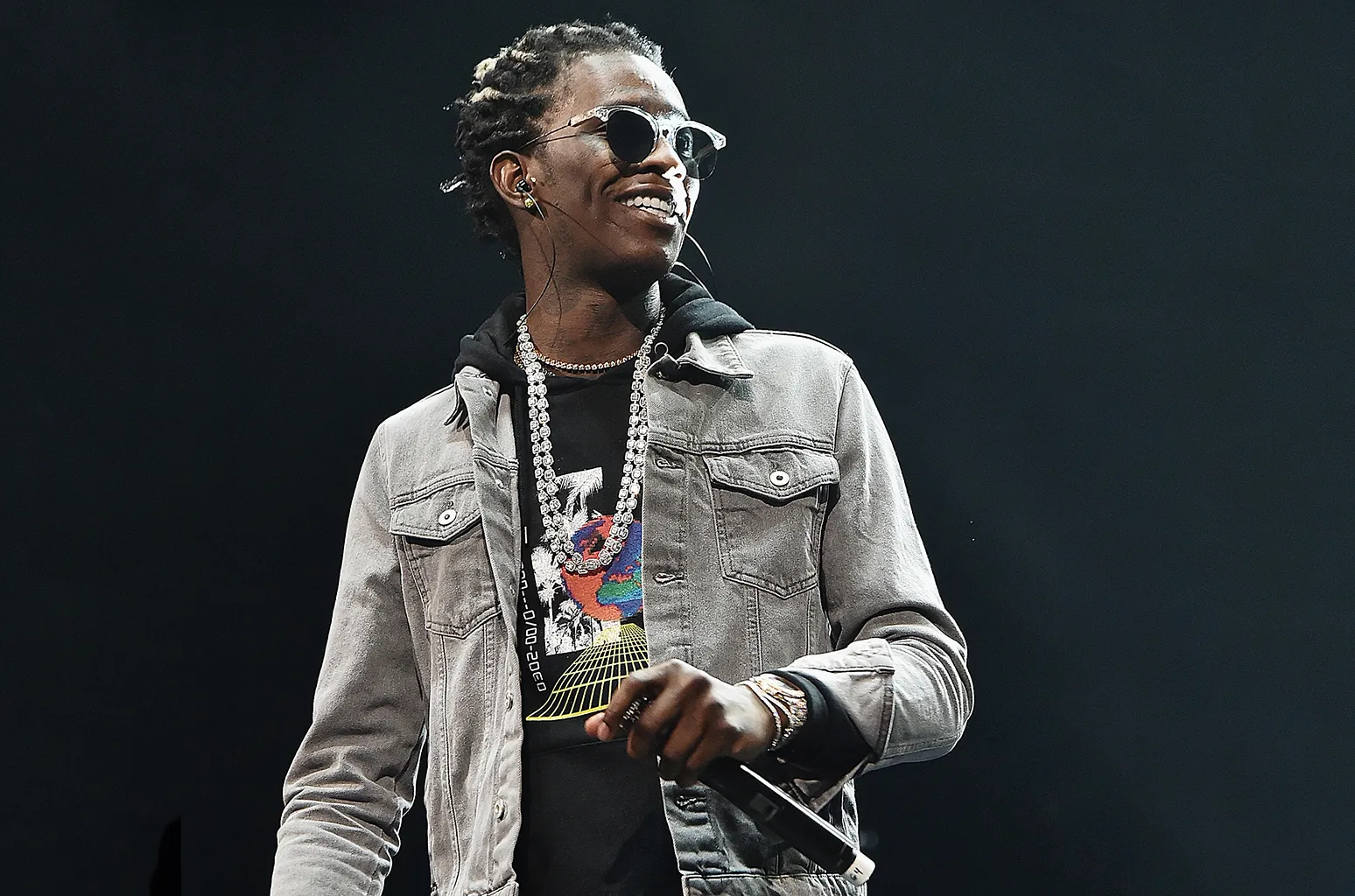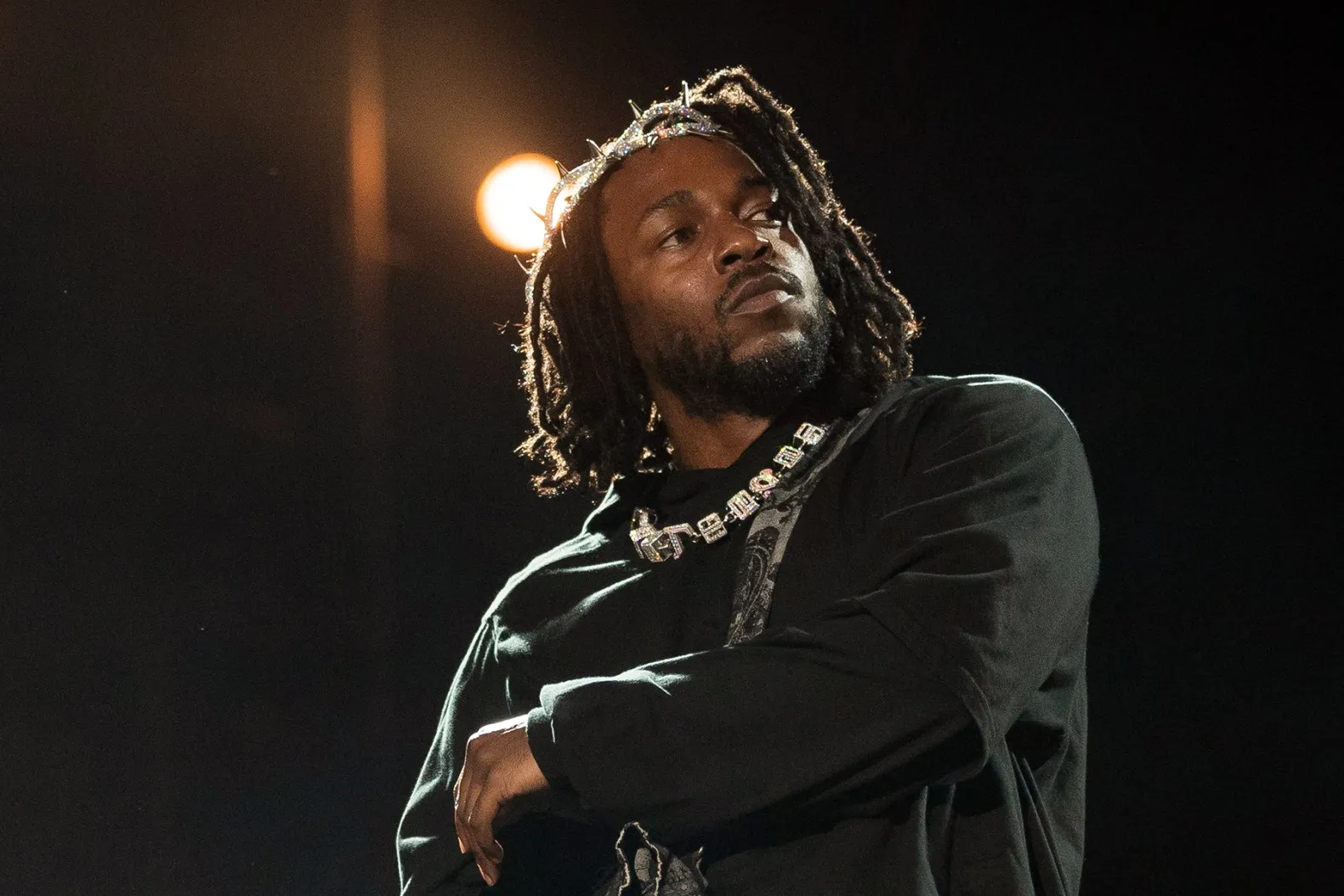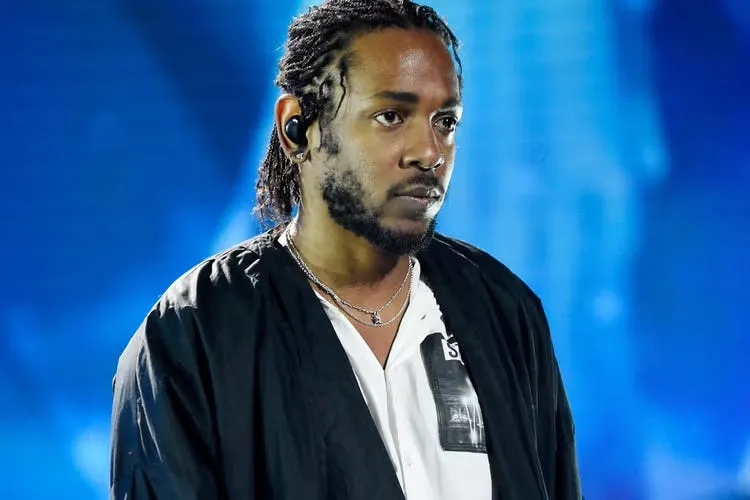

Drake Praised as a Game-Changer for Artists – But Young Thug Boldly Calls Out Kendrick: ‘You Don’t Lift Anyone Up, Not Even Baby Keem’
In a shocking twist that has sent shockwaves through the hip-hop community, Young Thug has publicly taken aim at Kendrick Lamar, claiming that the Compton rapper refused to provide a guest feature on his highly anticipated album, Business Is Business. This revelation has ignited a storm of debate online, drawing reactions from fans, artists, and industry insiders alike. The incident not only highlights tensions between two of the most influential voices in modern rap but also raises larger questions about collaboration, recognition, and power dynamics in the music industry.
The conversation began when a leaked audio clip surfaced, capturing Young Thug in a candid, jailhouse discussion. In it, he expressed clear frustration with Kendrick Lamar, saying, “You supposed to be blessing ns. That’s why these ns will never be bigger than Drake, EVER in life.” Thug didn’t stop there; he criticized Lamar for allegedly failing to support other artists, referencing Baby Keem, who has been successful but, according to Thug, hasn’t received the backing he deserves. The remarks suggest a deeper frustration over what Thug perceives as missed opportunities for mentorship and collaboration in the rap game.

This public criticism is notable because Kendrick Lamar has long been seen as a paragon of artistic integrity. He is a two-time Pulitzer Prize-winning artist whose albums have defined generational narratives. However, Young Thug’s comments paint a different picture, one in which talent and success alone aren’t enough to sustain influence in an industry that often rewards strategic alliances and mutual support. Thug’s point is clear: no matter how wealthy or critically acclaimed an artist becomes, failing to lift others along the way can spark backlash from the community.
The Role of Drake in the Feud
Adding a layer of complexity, Young Thug contrasted Kendrick Lamar’s behavior with that of Drake, emphasizing the Canadian superstar’s ability to uplift those around him. Thug highlighted Drake’s role in changing lives and supporting emerging artists, implicitly suggesting that Kendrick has not been as generous in providing opportunities. “You know how many lives Drake has changed? How many n****s can take care of their families because of him?” Thug asked rhetorically. These comments underscore a key tension in hip-hop: the balance between personal achievement and the responsibility—or expectation—to support one’s peers.
Drake’s reputation as a collaborator who frequently brings lesser-known artists into the spotlight has been a cornerstone of his enduring influence. From chart-topping features to co-signing upcoming talent, Drake has been viewed as a mentor figure in modern hip-hop. Young Thug’s remarks suggest that, in his view, Kendrick Lamar has not fulfilled a similar role, leading to resentment and public critique. The comparison has reignited debates online about who truly “lifts up the game” and who focuses solely on personal accolades.
DJ Akademiks and Industry Perspectives
The feud has drawn commentary from influential voices like DJ Akademiks, who sided with Young Thug. Akademiks argued that Kendrick’s reluctance to collaborate is emblematic of a broader pattern of insularity among some top-tier artists, who may prioritize personal branding over collective growth. He suggested that while Kendrick Lamar undoubtedly possesses immense talent and cultural impact, his refusal to feature on Young Thug’s album could hinder his influence in the long run.
Industry analysts have noted that hip-hop thrives on collaboration. Features, co-signs, and joint projects are not just promotional tools—they are essential to building a network of influence, securing longevity, and shaping the cultural narrative. In this context, Kendrick Lamar’s decision, whether strategic or personal, is being scrutinized for its potential impact on alliances, fan loyalty, and public perception.
Fan Reactions: Divided Opinions
As news of Young Thug’s criticism spread, the hip-hop community reacted with intense debate. Fans have been vocal on social media, with some supporting Thug’s stance, praising him for calling out perceived hypocrisy and advocating for mentorship in the industry. Others defended Kendrick Lamar, emphasizing his artistic integrity, selective collaborations, and focus on quality over quantity.

Some commenters highlighted the double standard in the industry, arguing that artists often face criticism no matter what choices they make. Kendrick Lamar, by maintaining high standards for collaborations, risks being labeled selfish, while Drake’s more open approach garners praise for generosity. The contrast has sparked discussions about what responsibilities successful artists hold toward their peers and whether supporting others should be a moral obligation or a strategic choice.
The Cultural Implications
This feud is more than just a personal spat—it has significant cultural implications. Hip-hop has always been a space where alliances, mentorship, and competition intersect, shaping both music and broader cultural narratives. Young Thug’s public call-out of Kendrick Lamar highlights the pressures that come with fame and success, particularly the expectation to use one’s influence to elevate others.
It also raises questions about generational dynamics in rap. Artists like Drake and Young Thug represent a newer wave of musicians who emphasize community-building and mentorship, while Kendrick Lamar, despite his cultural dominance, may prioritize artistic control and selective engagement. The tension between these approaches could signal a shift in how collaboration and influence are perceived in the modern hip-hop landscape.
Looking Ahead: What This Means for Hip-Hop
The fallout from Young Thug’s remarks will likely continue to ripple through the industry. Collaborations and feuds in hip-hop have a history of shaping careers, influencing fan perceptions, and driving media narratives, and this situation is no exception. Kendrick Lamar’s next moves, whether to respond publicly or maintain silence, will be closely watched. Likewise, Young Thug’s comments have reinforced his image as an unapologetic advocate for artist solidarity, willing to voice frustrations on a global stage.
This incident also underscores a key lesson for emerging artists: success in hip-hop is not only about talent and accolades but also about navigating relationships, alliances, and public perception. How one chooses to collaborate—or not—can define not only personal legacy but also impact the broader cultural ecosystem.

Conclusion: A Defining Moment in Modern Hip-Hop
Young Thug’s diss against Kendrick Lamar is more than just controversy—it is a defining moment that exposes the intricate dynamics of modern hip-hop. It sparks critical questions: Should artists be obligated to support others? Does selective collaboration compromise influence? How do mentorship and generosity weigh against personal branding and artistic control?
While the feud is far from resolved, it has already captured the attention of millions, fueling debates that will shape perceptions of both artists. Fans, industry professionals, and cultural commentators alike are watching closely to see whether Kendrick Lamar responds, how the community reacts, and what this means for the future of collaboration in hip-hop.
In an industry where relationships can make or break careers, this conflict may serve as a cautionary tale or a call to action—depending on which side of the debate you fall. One thing is clear: the conversation around Young Thug, Kendrick Lamar, and Drake is far from over, and its impact will likely resonate for years to come.


















